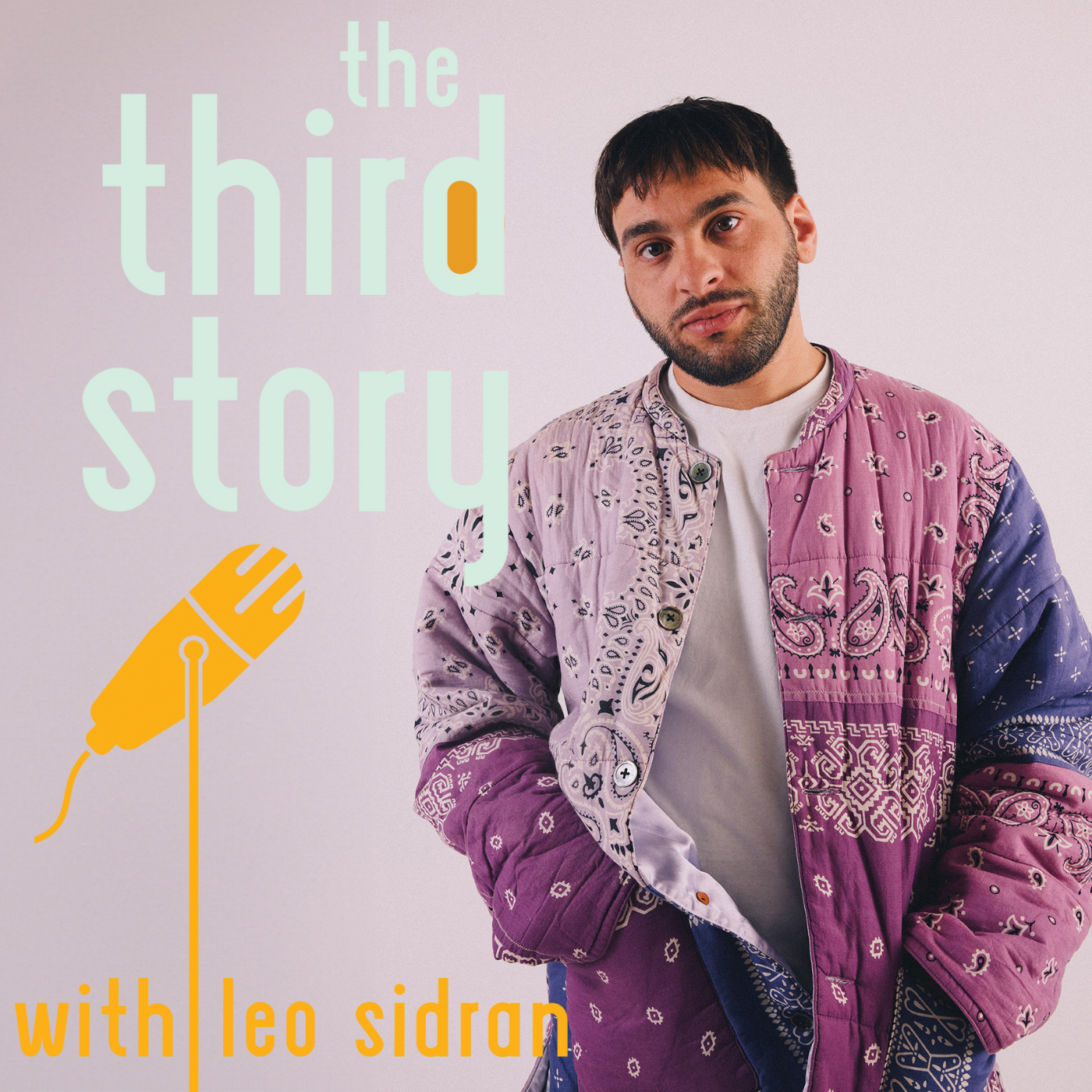271: Shabaka
Update: 2024-04-18
Description
Shabaka Hutchings grew up between the UK and Barbados. He started playing clarinet as a young boy in Barbados and eventually moved back to England to go to music school in the early 2000s.
After college he began a period of working furiously on a kaleidoscopic range of projects and became an icon of the new sound of London jazz, which integrated African rhythms and modes, Caribbean and Middle eastern sounds and was largely danceable.
Shabaka himself has never fully embraced the jazz label. While the music is highly improvised, and it owes much to the American jazz tradition, his influences are very broad.
Over the course of the past decade, the majority of his touring and recorded work has been with three bands: Sons of Kemet, The Comet is Coming and Shabaka and the Ancestors. In these formations he displayed a fundamental approach to creative practice in different contexts spanning Afro-Caribbean fusion, London dance music club culture and the South African jazz tradition.
Part of his signature on the saxophone has been inspired by rappers, and his sound is often evocative of the human voice, conversational, expressive, and rhythmic.
A somewhat chance encounter with a flute maker in Japan several years ago led him to develop an interest in the Shakuhachi flute tradition, and during covid he committed himself to the flute. Last year he announced that he would be putting away his saxophone and ending all of his bands to dedicate himself almost exclusively to playing wooden flutes.
His latest release Perceive its beauty, Acknowledge its Grace (Impulse!) is his first full length album since making that transition. It’s more meditative, contemplative and introspective than his earlier work. But it’s still clearly Shabaka.
The album features appearances by pianist Jason Moran, drummer Nasheet Waits, harpists Brandee Younger and Charles Overton, vocalists Lianne La Havas, Moses Sumney and Saul Williams, string wizard Miguel Atwood Ferguson and percussionist Carlos Niño.
I talked to Shabaka earlier this year at Winter Jazzfest as he was embarking on a new adventure, both personally and musically. It was an absolutely fascinating conversation about his own creative development and philosophy, his new record, and why this historical moment is “showing the importance of slowing down, of patience, of contemplation.”
After college he began a period of working furiously on a kaleidoscopic range of projects and became an icon of the new sound of London jazz, which integrated African rhythms and modes, Caribbean and Middle eastern sounds and was largely danceable.
Shabaka himself has never fully embraced the jazz label. While the music is highly improvised, and it owes much to the American jazz tradition, his influences are very broad.
Over the course of the past decade, the majority of his touring and recorded work has been with three bands: Sons of Kemet, The Comet is Coming and Shabaka and the Ancestors. In these formations he displayed a fundamental approach to creative practice in different contexts spanning Afro-Caribbean fusion, London dance music club culture and the South African jazz tradition.
Part of his signature on the saxophone has been inspired by rappers, and his sound is often evocative of the human voice, conversational, expressive, and rhythmic.
A somewhat chance encounter with a flute maker in Japan several years ago led him to develop an interest in the Shakuhachi flute tradition, and during covid he committed himself to the flute. Last year he announced that he would be putting away his saxophone and ending all of his bands to dedicate himself almost exclusively to playing wooden flutes.
His latest release Perceive its beauty, Acknowledge its Grace (Impulse!) is his first full length album since making that transition. It’s more meditative, contemplative and introspective than his earlier work. But it’s still clearly Shabaka.
The album features appearances by pianist Jason Moran, drummer Nasheet Waits, harpists Brandee Younger and Charles Overton, vocalists Lianne La Havas, Moses Sumney and Saul Williams, string wizard Miguel Atwood Ferguson and percussionist Carlos Niño.
I talked to Shabaka earlier this year at Winter Jazzfest as he was embarking on a new adventure, both personally and musically. It was an absolutely fascinating conversation about his own creative development and philosophy, his new record, and why this historical moment is “showing the importance of slowing down, of patience, of contemplation.”
Comments
Top Podcasts
The Best New Comedy Podcast Right Now – June 2024The Best News Podcast Right Now – June 2024The Best New Business Podcast Right Now – June 2024The Best New Sports Podcast Right Now – June 2024The Best New True Crime Podcast Right Now – June 2024The Best New Joe Rogan Experience Podcast Right Now – June 20The Best New Dan Bongino Show Podcast Right Now – June 20The Best New Mark Levin Podcast – June 2024
In Channel
























